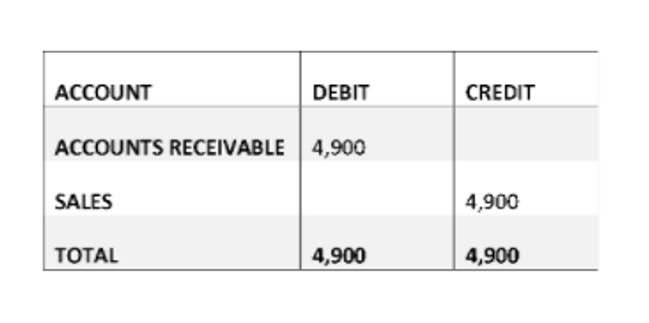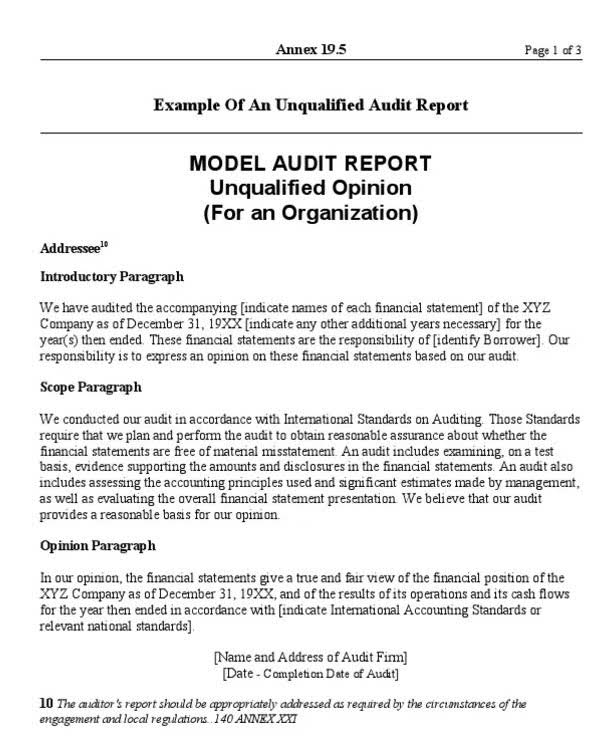
Each week I’ll send you advice on how to reach financial independence with passive income from real estate. Inflow is all your revenues–any income from customers or tenants, investment interest, royalties, licensing agreements, products sold on credit, etc. For example, assume Lucy, the landlord, purchased the building above for $175,000 and spent $25,000 on renovations for a total investment of $200,000. The following chart shows a simplified calculation for the monthly cash flow of a fully occupied triplex. Financial analysts use different metrics to evaluate cash flow in relation to profitability and liquidity. Get exclusive updates as I work to own $100M real estate by 2030 in today’s market.
Preventative Maintenance

For instance, an investor managing residential, commercial, and industrial properties might calculate the IRR for each to determine where to allocate capital. A higher IRR property might seem appealing, but factors like market volatility, liquidity, and alignment with long-term objectives must also be considered. A commercial property with what is cash flow in real estate a 15% IRR might carry higher risk, while a residential property with a 10% IRR could offer more consistent returns, better suited to a conservative strategy. Market conditions during the holding period further complicate IRR calculations. Economic cycles, interest rate fluctuations, and local real estate trends can affect property values and rental income.

How Predictive Analytics Gives You an Edge in Real Estate Investing

As mentioned, real estate investors use the 1% rule when considering whether to invest in a property. Simply multiply the purchase price of a property by 1% (or move the decimal point two places to the left) — the result is the minimum income you need for a positive cash flow. According to the 1% rule, the property should generate at least $2,000 monthly rental income to be considered a good investment. If the expected rental income meets or exceeds this amount, the property will likely provide positive cash flow, making it a potentially sound investment. Before diving into investments, you need to fully understand what cash flow in real estate is all about.
Capital Improvements
- To beat your competition, have the right forethought in identifying real estate gems before everyone else.
- That cash flow was after paying all expenses and the mortgage which was typically 20% down.
- In this article, we will define what cash flow is, how it is calculated, and ways to improve cash flow.
- The best thing to do is to study the local rental market and determine which features are most in demand.
- Because these reduce cash flow, property owners must find a balance between keeping the property in good operating condition and minimizing these costs to the extent possible.
Start creating your own cash flow statements to guide you through the process. By understanding what affects your cash flow in a given period, you can plan and adjust accordingly. Cash flow projections help businesses and investors anticipate busy or slow seasons and ensure you have enough cash to weather those parts of the year. Investors need to assess the cash flow from all three activities when analyzing the financial health of a business or investment. Any owned assets or dividends on the balance sheet may be listed Legal E-Billing as cash equivalents.
The 1% Rule and Cash Flow

The first step in figuring out how much cash flow you need bookkeeping is determining the actual cash flow on a rental property. The easiest way to do this is to use our cash flow calculator located right here. A lot of investors will count cash flow as the rent received minus the mortgage payment, taxes, and insurance.
Self-Manage the Property:
Plus if you buy rental properties below market value, you will walk into the deal with a lot of equity. Total cash flow is the profit after all expenses are paid – including debt service. NOI, on the other hand, is calculated as the gross income less operating expenses.
What Is Real Estate Cash Flow Investing?

The objective of anyone diving into real estate investing is to get the highest return on their investments. Investing in real estate has always been an attractive option for many investors, and focusing on cash flow can be a winning strategy. The real estate industry offers a variety of opportunities for generating cash flow, such as rental income from residential or commercial properties.
